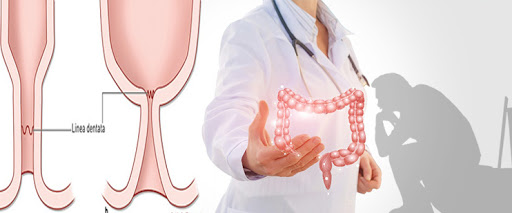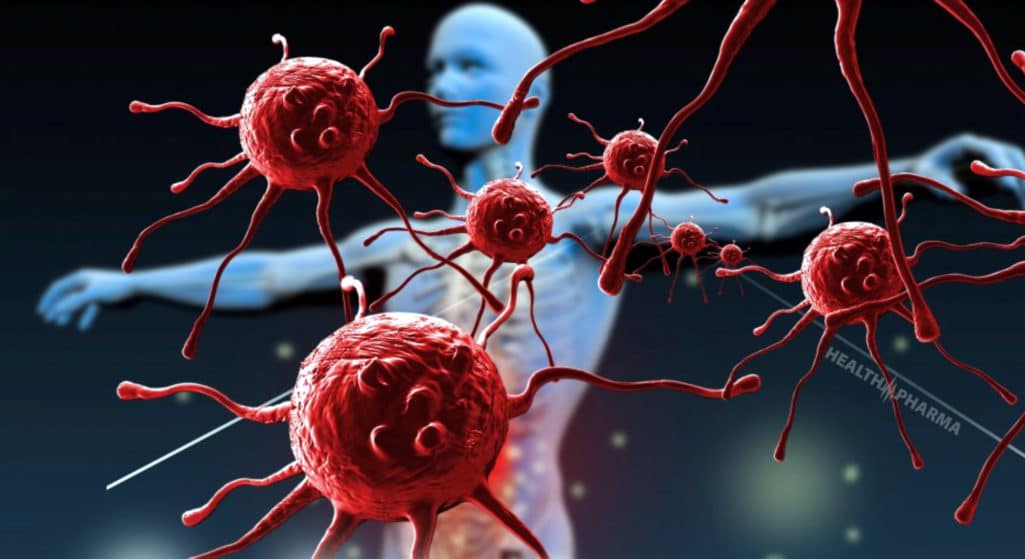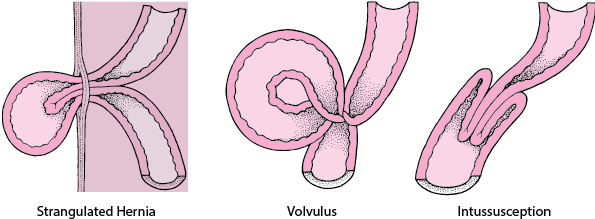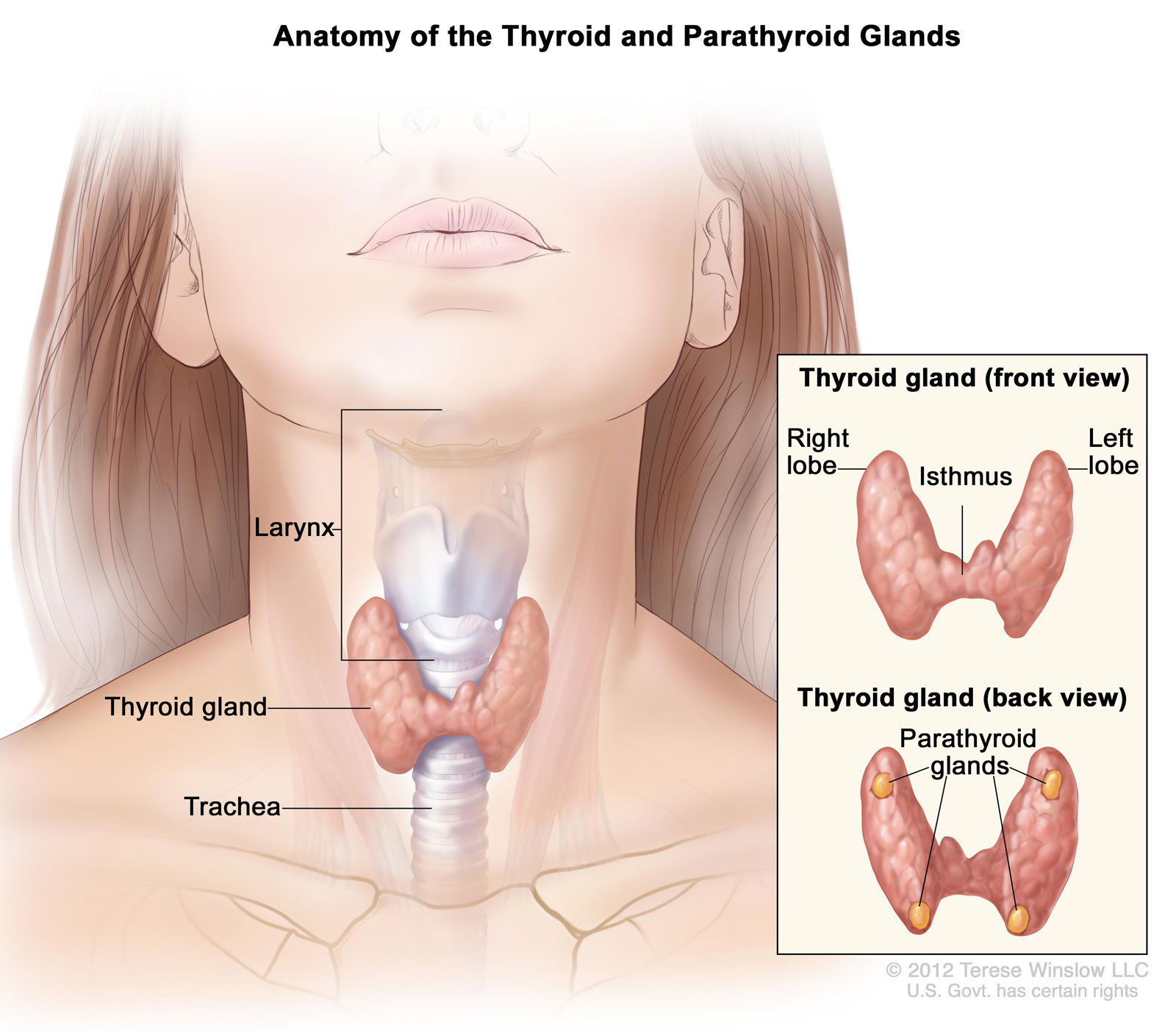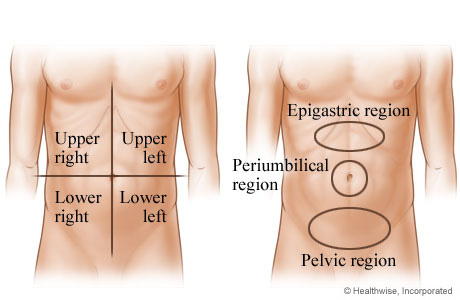
Abdominal Pain
What’s Causing Your Abdominal Pain and How to Treat It
Abdominal pain can be caused by a wide variety of issues, from gas to more serious conditions like appendicitis or Crohn’s disease. Noting the severity and area of the abdomen affected can help with a diagnosis.
Abdominal pain is pain that occurs between the chest and pelvic regions. It can be crampy, achy, dull, intermittent, or sharp. It’s also called a stomachache.
Localized pain is limited to one area of the abdomen. This type of pain is often caused by problems in a particular organ. The most common cause of localized pain is stomach ulcers (open sores on the stomach’s inner lining).
Cramp-like pain may be associated with diarrhea, constipation, bloating, or flatulence. In people assigned female at birth, it can be associated with menstruation, miscarriage, or reproductive complications. This pain comes and goes, and may go away on its own without treatment.
Viral, bacterial, or parasitic infections that affect the stomach and intestines may also cause significant pain.
Types of abdominal pain
Not all abdominal pain is the same. For example, if you’re experiencing acute abdominal pain, you’ve most likely only been dealing with the discomfort for about a week, maybe less.
Chronic abdominal pain, on the other hand, is pain that’s constant or recurring. It lasts for 3 months or longer.
Since several gastrointestinal and systemic disorders lead to abdominal pain, doctors and healthcare professionals sometimes have a hard time understanding the root cause of the pain.
Progressive abdominal pain is pain that gets worse over time. Typically other symptoms occur as the pain progresses. Progressive abdominal pain is often a sign of something more serious. Read on to learn more about the different types of abdominal pain, including what and where the pain occurs and its potential causes.
What is abdominal pain?
Abdominal pain may be felt anywhere between the chest and groin region of your body. The pain may be generalized, localized, or it may feel like cramps in your belly. If you have cramping or discomfort in your stomach, it may be due to gas, bloating, or constipation. Or it might be a sign of a more serious medical condition.
Colicky pain in the abdomen region comes and goes. One moment, you may feel fine, but the next, you may experience sharp, sudden pain in your abdomen. Kidney stones and gallstones are often the cause of this type of pain.
Causes
The main causes are:
- infection
- abnormal growths
- inflammation
- obstruction (blockage)
- intestinal disorders
- inflammation
- diseases that affect the organs in the abdomen
Infections in the throat, intestines, and blood can cause bacteria to enter your digestive tract, resulting in abdominal pain. These infections may also cause changes in digestion, like diarrhea or constipation.
Cramps associated with menstruation are also a potential source of lower abdominal pain, but these are more commonly known to cause pelvic pain.
Other common causes include:
- constipation
- diarrhea
- gastroenteritis (stomach flu)
- acid reflux (when stomach contents leak backward into the esophagus, causing heartburn and other symptoms)
- vomiting
- stress
Diseases that affect the digestive system can also cause chronic abdominal pain. The most common are:
- gastroesophageal reflux disease (GERD)
- irritable bowel syndrome or spastic colon (a disorder that causes abdominal pain, cramping, and changes in bowel movements)
- Crohn’s disease (an inflammatory bowel disease)
- lactose intolerance (the inability to digest lactose, the sugar found in milk and milk products)
Causes of severe abdominal pain include:
- organ rupture or near-rupture (like a burst appendix, or appendicitis)
- gallbladder stones (known as gallstones)
- kidney stones
- kidney infection
The location of the pain within the abdomen may be a clue as to its cause.
Pain that’s generalized throughout the abdomen (not in one specific area) may indicate:
- appendicitis (inflammation of the appendix)
- Crohn’s disease
- traumatic injury
- irritable bowel syndrome
- urinary tract infection
- the flu
Pain that’s focused in the lower abdomen may indicate:
- appendicitis
- intestinal obstruction
- ectopic pregnancy (a pregnancy that occurs outside the womb)
In people assigned female at birth, pain in the reproductive organs of the lower abdomen can be caused by:
- severe menstrual pain (called dysmenorrhea)
- ovarian cysts
- miscarriage
- fibroids
- endometriosis
- pelvic inflammatory disease
- ectopic pregnancy
Upper abdominal pain may be caused by:
- gallstones
- heart attack
- hepatitis (liver inflammation)
- pneumonia
Pain in the center of the abdomen might be from:
- appendicitis
- gastroenteritis
- injury
- uremia (buildup of waste products in your blood)
Lower left abdominal pain may be caused by:
- Crohn’s disease
- cancer
- kidney infection
- ovarian cysts
- appendicitis
Upper left abdominal pain is sometimes caused by:
- enlarged spleen
- fecal impaction (hardened stool that can’t be eliminated)
- injury
- kidney infection
- heart attack
- cancer
Causes of lower right abdominal pain include:
- appendicitis
- hernia (when an organ protrudes through a weak spot in the abdominal muscles)
- kidney infection
- cancer
- flu
Upper right abdominal pain may result from:
- hepatitis
- injury
- pneumonia
- appendicitis
When to call the doctor about
Mild pain may go away without treatment. For example, if you’re experiencing abdominal pain because of gas or bloating, it may simply need to run its course.
But in some cases, the pain may warrant a trip to the doctor.
You should seek immediate medical care if the pain is so severe that you can’t sit still or need to curl into a ball to get comfortable, or if you have any of the following:
- bloody stools
- fever greater than 101°F (38.33°C)
- vomiting up blood (called hematemesis)
- persistent nausea or vomiting
- yellowing of the skin or eyes
- swelling or severe tenderness of the abdomen
- difficulty breathing
Make an appointment with your doctor if you experience any of the following symptoms:
- pain that lasts longer than 24 hours
- prolonged constipation
- vomiting
- a burning sensation when you urinate
- fever
- loss of appetite
- unexplained weight loss
Call your doctor if you’re pregnant or breastfeeding and you experience abdominal pain.
Abdominal pain – diagnosis
The cause of abdominal pain can be diagnosed through a series of tests as well as an honest conversation with your doctor about what you’re experiencing. Before ordering tests, your doctor will do a physical examination. This includes gently pressing on various areas of your abdomen to check for tenderness and swelling.
Be prepared to answer the following questions:
- Where exactly are you feeling the pain?
- Has the pain always been in this one location, or has it moved?
- How severe is the pain?
- Is the pain constant, or does it come and go in waves?
- Is the pain so bad that it’s interfering with your daily life?
- What were you doing when the pain began?
- Is there a time of day when the pain is the worst?
- When was your last bowel movement?
- Do you have regular bowel movements?
- Have you noticed any changes in your urine?
- Have you made any major changes to your diet?
People of reproductive age who were assigned female at birth may also be asked questions about their sexual and menstruation history.
When used in consideration of the severity of the pain and its location within the abdomen, this information will help your doctor determine which tests to order.
Imaging tests
MRI scans, ultrasounds, and X-rays are used to view organs, tissues, and other structures in the abdomen in detail. These tests can help diagnose tumors, fractures, ruptures, and inflammation.
Other tests include:
- colonoscopy (to look inside the colon and intestines)
- endoscopy (to detect inflammation and abnormalities in the esophagus and stomach)
- upper GI (a special X-ray test that uses contrast dye to check for the presence of growths, ulcers, inflammation, blockages, and other abnormalities in the stomach)
Blood, urine, and stool samples may also be collected to look for evidence of bacterial, viral, and parasitic infections.
Treatment and home remedies for abdominal pain
How abdominal pain is treated is highly dependent on the diagnosis. Medications that reduce inflammation may help with stomach pains resulting from ulcers.
But other conditions, like kidney stones, may require more intensive treatment like shock wave lithotripsy. Inflammation of the gallbladder might require gallbladder surgery.
Your doctor might prescribe a pain-modifying drug, like amitriptyline or trazodone, to address the pain. These may help change the way the brain processes pain signals.
If you and your doctor have determined that your abdominal pain is not the result of a serious medical condition, several home health remedies may provide relief. Here’s a brief list:
- bitters and soda
- ginger
- chamomile tea
- The BRAT diet (bananas, rice, apple sauce, toast)
- peppermint
- apple cider vinegar
- heating pad
- warm bath
How can I prevent abdominal pain?
Not all forms of pain are preventable. But you can minimize the risk of developing pain by:
- eating a healthy diet
- drinking lots of water
- exercising regularly
- eating smaller meals
If you have an intestinal disorder, like Crohn’s disease, follow the diet your doctor has given you to minimize discomfort. If you have GERD, don’t eat within 2 hours of bedtime.
Lying down too soon after eating may cause heartburn and abdominal pain. Try waiting at least 2 hours after eating before lying down.
Takeaway
If you’re experiencing abdominal pain, you mustn’t jump to conclusions because it’s often not serious. Speak with your doctor if the pain is chronic or progressive. If acute pain is severe, call your doctor so you can get to the bottom of what’s happening and begin the proper course of treatment.






